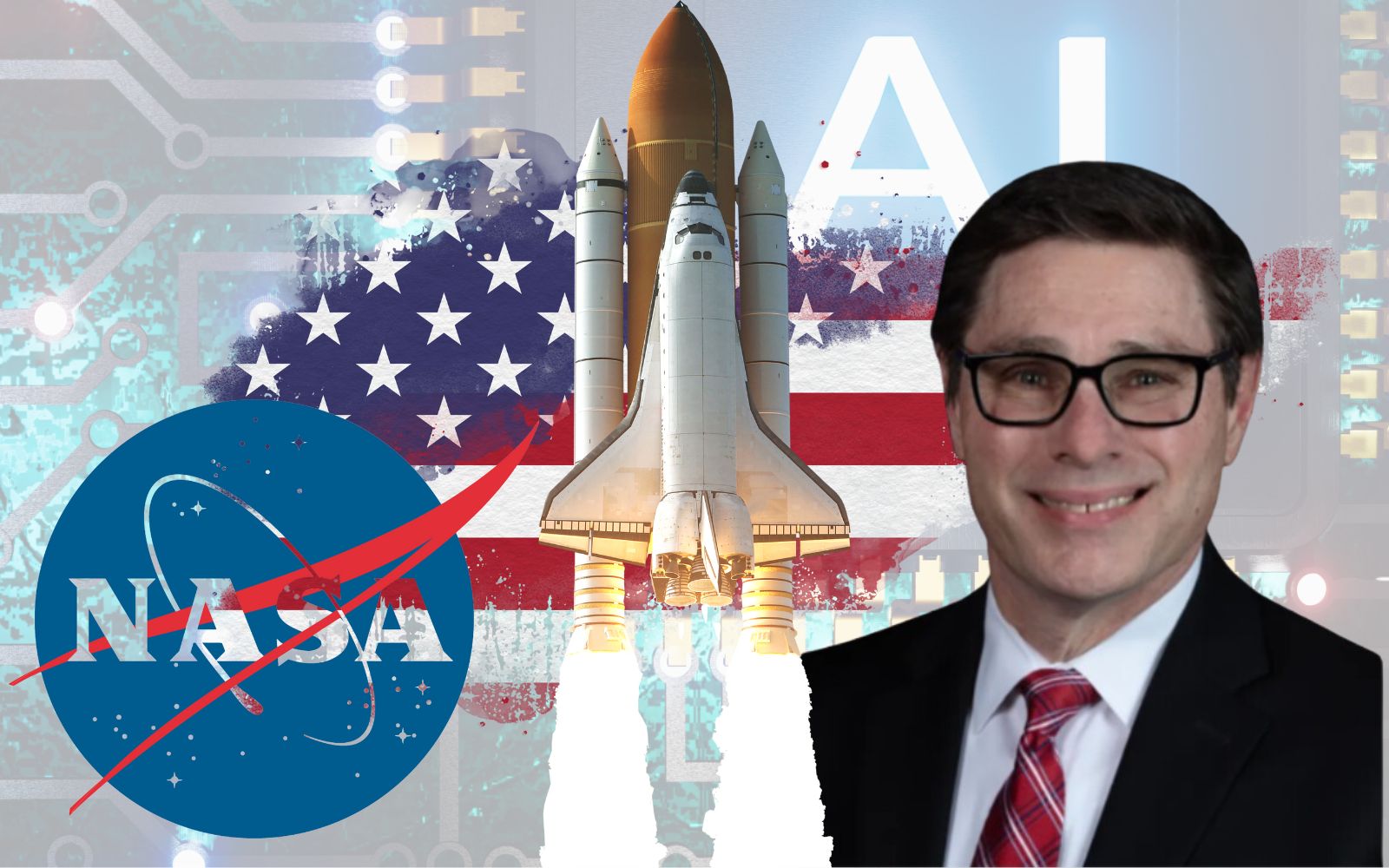
NASA recently appointed David Salvagnini as its first Chief Artificial Intelligence Officer, marking a significant milestone in the agency’s embrace of cutting-edge technology. This role highlights the increasing importance of AI in space exploration and research. Salvagnini’s appointment is a testament to the transformative potential of AI in advancing scientific and technological frontiers.

David Salvagnini brings a wealth of experience and expertise to his new role at NASA. With a background in computer science and engineering, Salvagnini has worked on numerous AI projects in both the private and public sectors. His extensive knowledge and innovative approach make him an ideal choice to lead NASA’s AI initiatives.
As NASA’s Chief AI Officer, Salvagnini will oversee the integration of AI technologies across various missions and projects. This includes enhancing data analysis, improving mission planning, and developing autonomous systems for space exploration. His work will be crucial in ensuring that AI technologies are effectively utilized to achieve NASA’s ambitious goals.
AI has the potential to revolutionize space exploration by enabling more efficient and accurate data processing. AI systems can analyze vast amounts of data from space missions, providing valuable insights that would be impossible for humans to process manually. This capability is essential for tasks such as identifying exoplanets, monitoring space weather, and conducting scientific experiments.
One of Salvagnini’s primary focuses will be on developing AI-driven systems for autonomous spacecraft. These systems will allow spacecraft to navigate and make decisions independently, reducing the need for constant human intervention. Additionally, AI can enhance the capabilities of robotic missions, such as those exploring the surface of Mars or the moons of Jupiter.
Salvagnini’s role will also involve fostering collaboration between NASA and leading AI researchers in academia and industry. By partnering with experts in the field, NASA can leverage the latest advancements in AI technology to enhance its missions. This collaborative approach will help ensure that NASA remains at the forefront of AI innovation.
The appointment of a Chief AI Officer at NASA underscores the growing significance of AI in the job market. AI is the future of the job market, with demand for skilled professionals in AI and related fields expected to surge. This trend highlights the importance of professional training and education in AI to prepare individuals for the evolving job landscape.
For those looking to enter the field of AI, investing in professional training is essential. Companies like Kalkey offer comprehensive training programs and job support solutions that equip individuals with the necessary skills to succeed in AI-driven industries. These programs provide practical knowledge and hands-on experience, ensuring that professionals can effectively use AI technologies in their work.
The story of Devin, the world’s first AI software engineer, illustrates the transformative potential of AI in the workforce. Devin’s ability to write code and develop software autonomously demonstrates the advanced capabilities of AI. This example underscores the need for continuous learning and adaptation in the face of rapid technological advancements.
David Salvagnini’s appointment as NASA’s first Chief AI Officer marks a significant step forward in the agency’s use of AI technology. His expertise will be instrumental in integrating AI into NASA’s missions and projects, driving innovation and efficiency. This development also highlights the broader impact of AI on the job market and the importance of professional training.
For those interested in pursuing a career in AI, Kalkey offers training programs and job support solutions that provide the skills needed to thrive in this dynamic field. Investing in these resources can help individuals stay competitive and succeed in the AI-driven job market, ensuring they are well-prepared for the future of work.